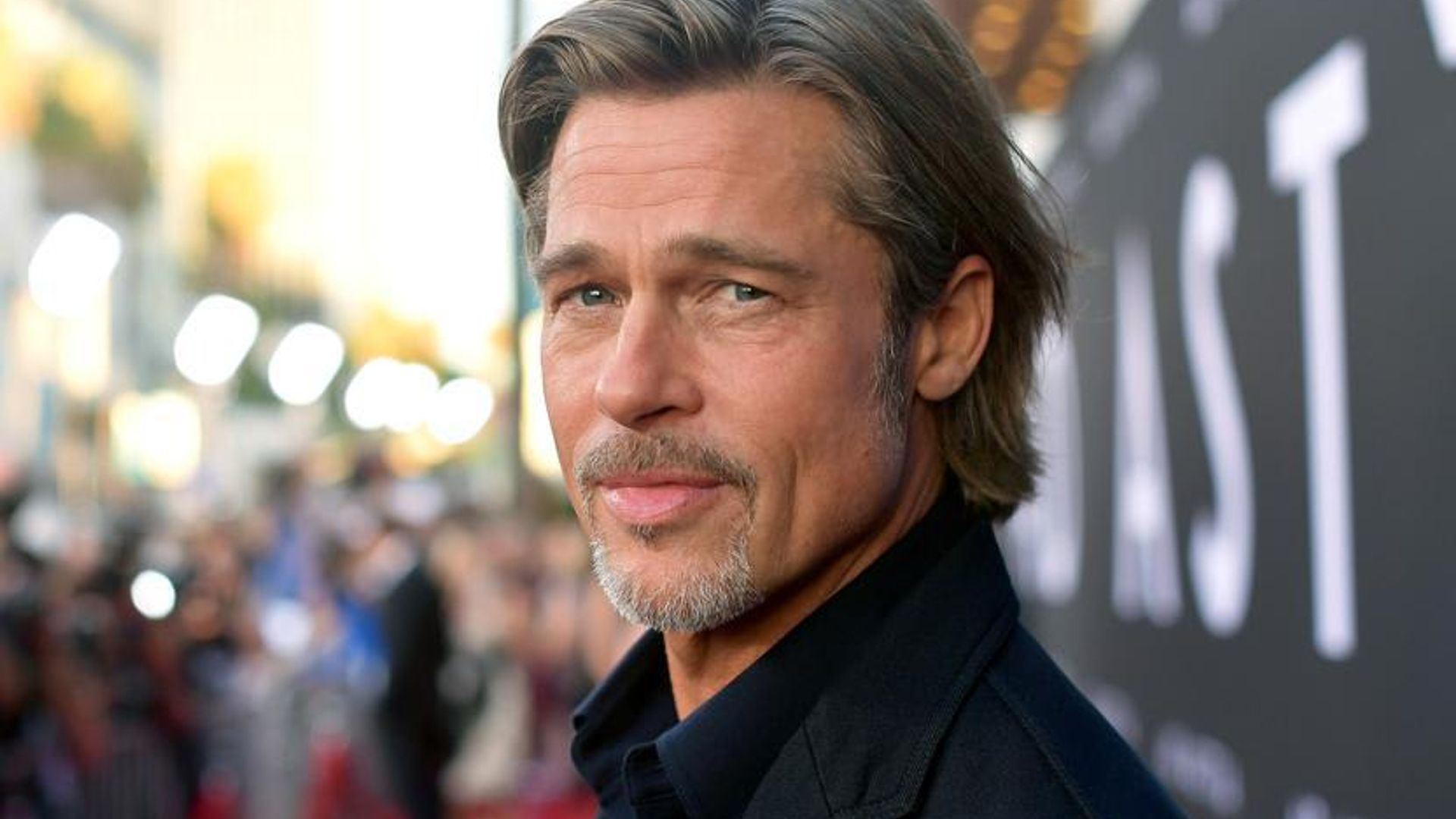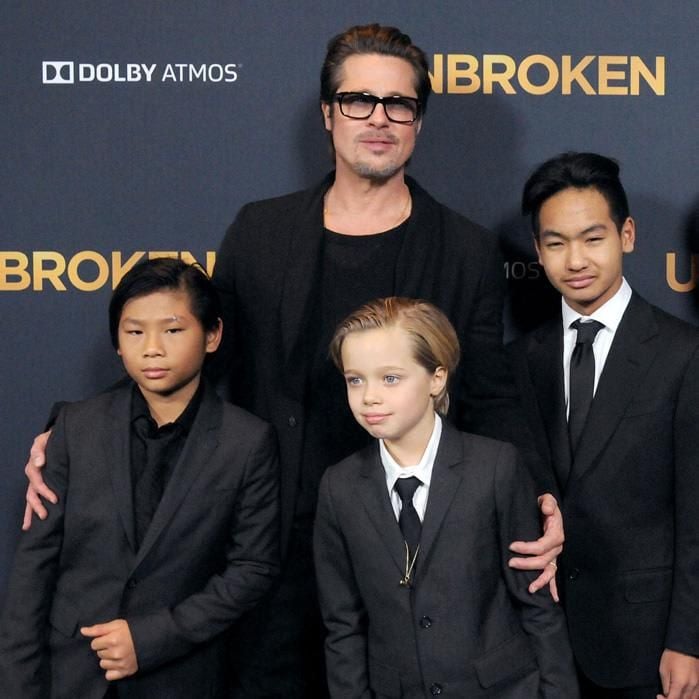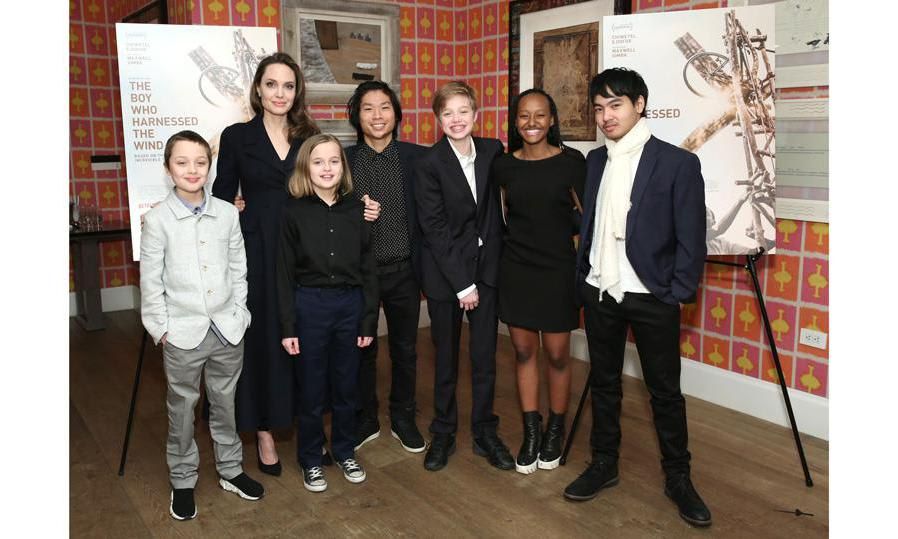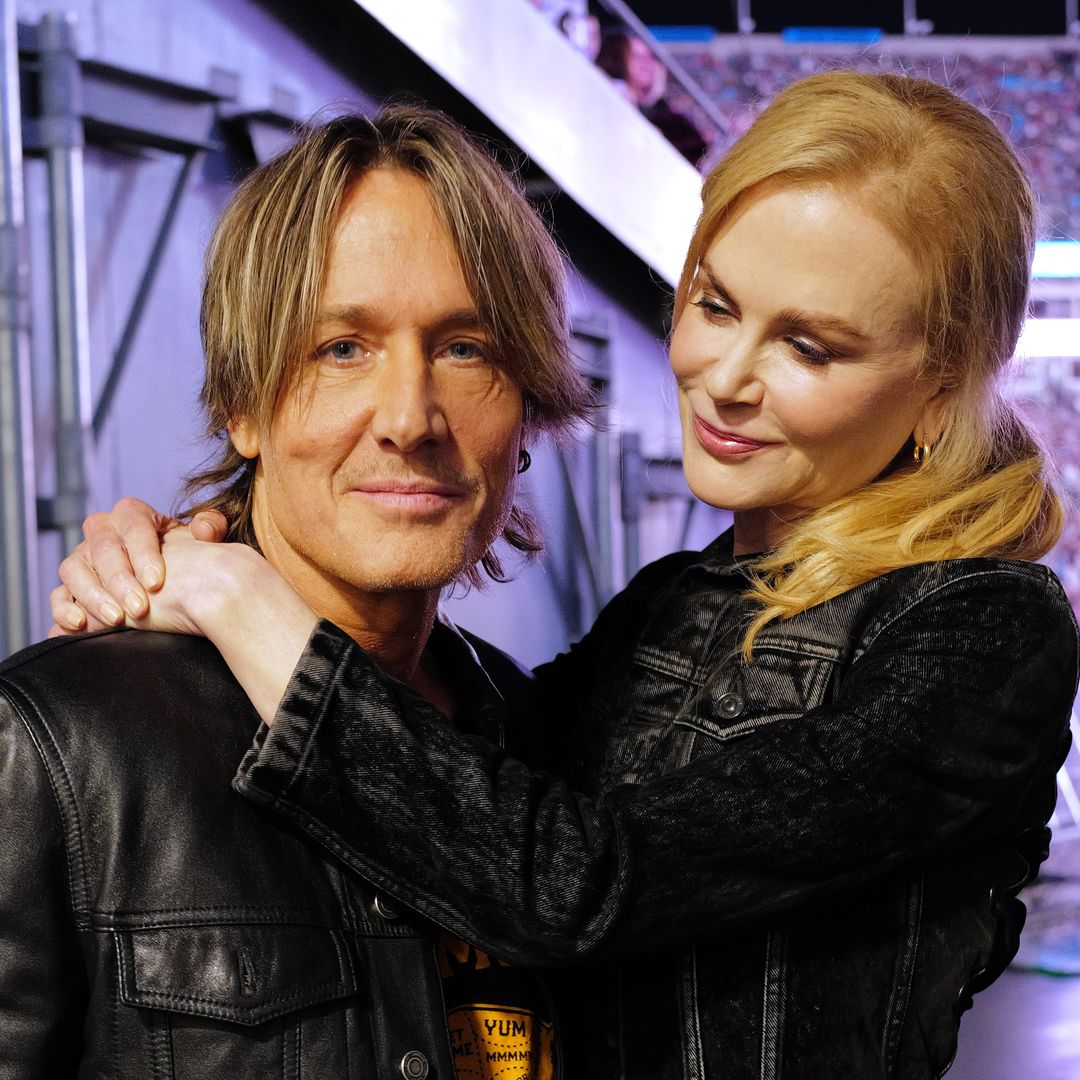Brad Pitt has become more in tune with his emotions as he’s gotten older. The Once Upon a Time In Hollywood star opened up about his feelings during a conversation with his former Legends of the Fall co-star Anthony Hopkins for Interview magazine. The dad of six confessed that he’s “famously a not-crier,” but his children—Maddox, Pax, Zahara, Shiloh, Vivienne and Knox—have helped change that.
“I hadn’t cried in, like, 20 years, and now I find myself, at this latter stage, much more moved—moved by my kids, moved by friends, moved by the news. Just moved,” the 55-year-old actor said. Brad shares his six kids with ex Angelina Jolie, whom he split from in 2016.
The Ad Astra star believes “it’s a good sign” that he’s been able to reconnect with his emotions. “I don’t know where it’s going, but I think it’s a good sign,” he said. Brad also spoke about his struggle with alcohol calling it “an escape” and “a disservice” to himself.
The Hollywood star, who previously revealed that he quit drinking and attended Alcoholics Anonymous meetings, admitted that he’s come to believe in the last few years that “things are fated.” He explained, “I’m realizing, as a real act of forgiveness for myself for all the choices that I’ve made that I’m not proud of, that I value those missteps, because they led to some wisdom, which led to something else. You can’t have one without the other. I see it as something I’m just now getting my arms around at this time in my life. But I certainly don’t feel like I can take credit for any of it.”
Angelina’s ex agreed with Anthony that mistakes should be embraced. “I think we’re living in a time where we’re extremely judgmental and quick to treat people as disposable. We’ve always placed great importance on the mistake,” he added. “But the next move, what you do after the mistake, is what really defines a person. We’re all going to make mistakes. But what is that next step? We don’t, as a culture, seem to stick around to see what that person’s next step is. And that’s the part I find so much more invigorating and interesting.”






